Frequent Air Conditioner Problems and Solutions
When your air conditioner fails to cool the air on a hot day, it feels like the end of the world. You're sweating, exhausted, and frustrated because your AC isn't working. But if you are worried about common air conditioner problems and how to fix them — stop worrying.
Common heating and cooling issues that can be easily fixed. Other problems require professional intervention, and common sense comes in handy here. So whether you're facing a specific issue, a little care or AC repair can help if your air isn't cooling.
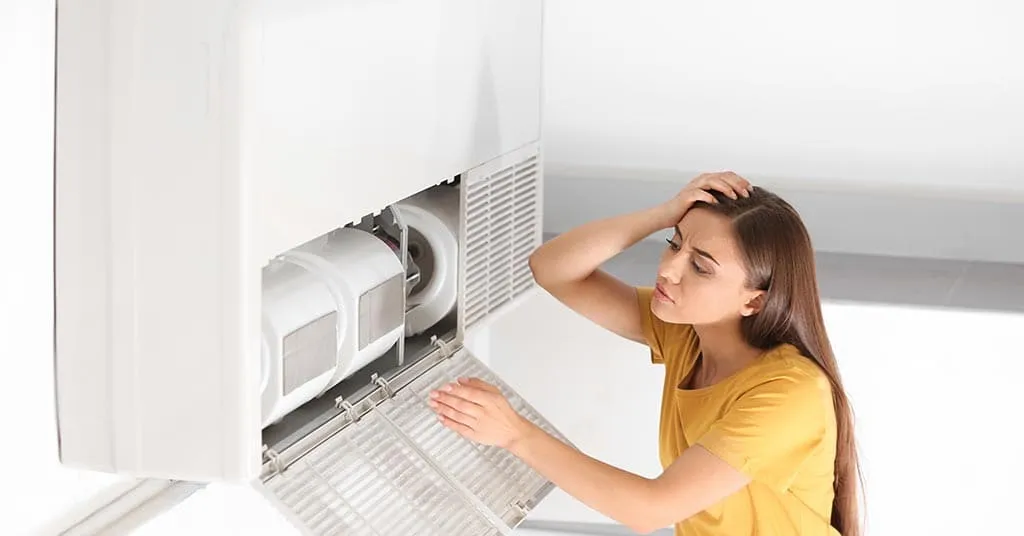
Clogged Filters and Poor Air Quality
Improperly maintained air conditioners can be extremely problematic. One of the most serious malfunctions is a clogged AC filter. Often, these filters are not cleaned regularly. When completely covered in dust, pet hair, bacteria and other particles, this contaminant remains in your home circulating through the system.
You need a clean filter to provide high-quality, fresh air in your home. Otherwise, you get a barrier of dust that hinders proper AC function. Breathing low-quality air can negatively impact your health, causing headaches, dizziness, skin irritation and breathing issues.
Contaminated heat exchangers can also be unpleasant, as both of these factors can cause your AC to cycle on and off. Excessive energy consumption may lead to frequent breakdowns and higher electricity bills.
To clean the AC filters, remove them from the indoor unit of your split system or wall/ceiling vent grille. You can gently vacuum off dust or wash the filter with a mild soap solution. Wipe or rinse internal AC components and reinstall the filter after drying.
The outdoor unit can be carefully cleaned using a specialized AC cleaning solution and hose. This ensures clean heat exchangers and safe AC operation.
One way to fully avoid these issues is to install a mini-split AC with washable filters that are easy to clean and maintain, offering better indoor air quality and fewer breakdowns.
Malfunctioning Thermostat
Your AC thermostat controls and monitors the indoor temperature. It responds to any changes you make in desired temperature and reacts to environmental conditions. Therefore, if your AC isn't functioning properly, the thermostat is likely at fault.
To test this, run a few tests on your system. For example, try cooling at 18°C and 23°C to notice any differences. Different fan modes can also help assess performance when no cool air is coming out.
If the issue lies with the thermostat, it's important to know that thermostat repair is not a DIY job. Problems such as damaged sensors or faulty wiring require professional attention.
If you feel helpless after testing temperature control via remote or control panel, contact a local specialist or the manufacturer's support number. Upgrading to a smart thermostat can be an excellent choice if your current one isn't working.
Tripped Circuit Breaker or Blown Fuse
Electrical faults inside the AC often cause it to shut down. Old fuses wear out, and even new fuses or circuit breakers can trip under overload.
Professional AC installations operate on their own independent electrical circuit. This means any issues are limited to the air conditioner unless it affects the entire home's power grid. Circuit breakers or fuses usually trip as a safety measure, and if this happens, there may be deeper issues.
If your AC isn't working, go to the electrical panel and check the corresponding breaker or fuse. You can quickly turn it off and back on for basic diagnostics, or reset the circuit breaker.
If you constantly find yourself checking circuit breakers, call a professional electrician for necessary repairs. They can identify the best course of action and detect serious faults.
Ice Buildup or Water Damage
Air conditioners can freeze up when key components like the fan belt stop working. Ice may accumulate inside the AC system if cool air isn't properly distributed throughout the unit. This results in negative performance impacts and internal damage.
When ice builds up inside the AC, turn it off and let it thaw. At the same time, refrigerant leaks can also cause ice formation and freezing. Unfortunately, in both cases, the ice may return if you don't address the problem and perform repairs.
Other water-related issues include poor drainage or damage from melting ice. If there's inadequate drainage, your heating or cooling system is prone to long-term damage. There’s also a risk of electrical fire if water contacts exposed wires. Therefore, always address any ice or water issues promptly.
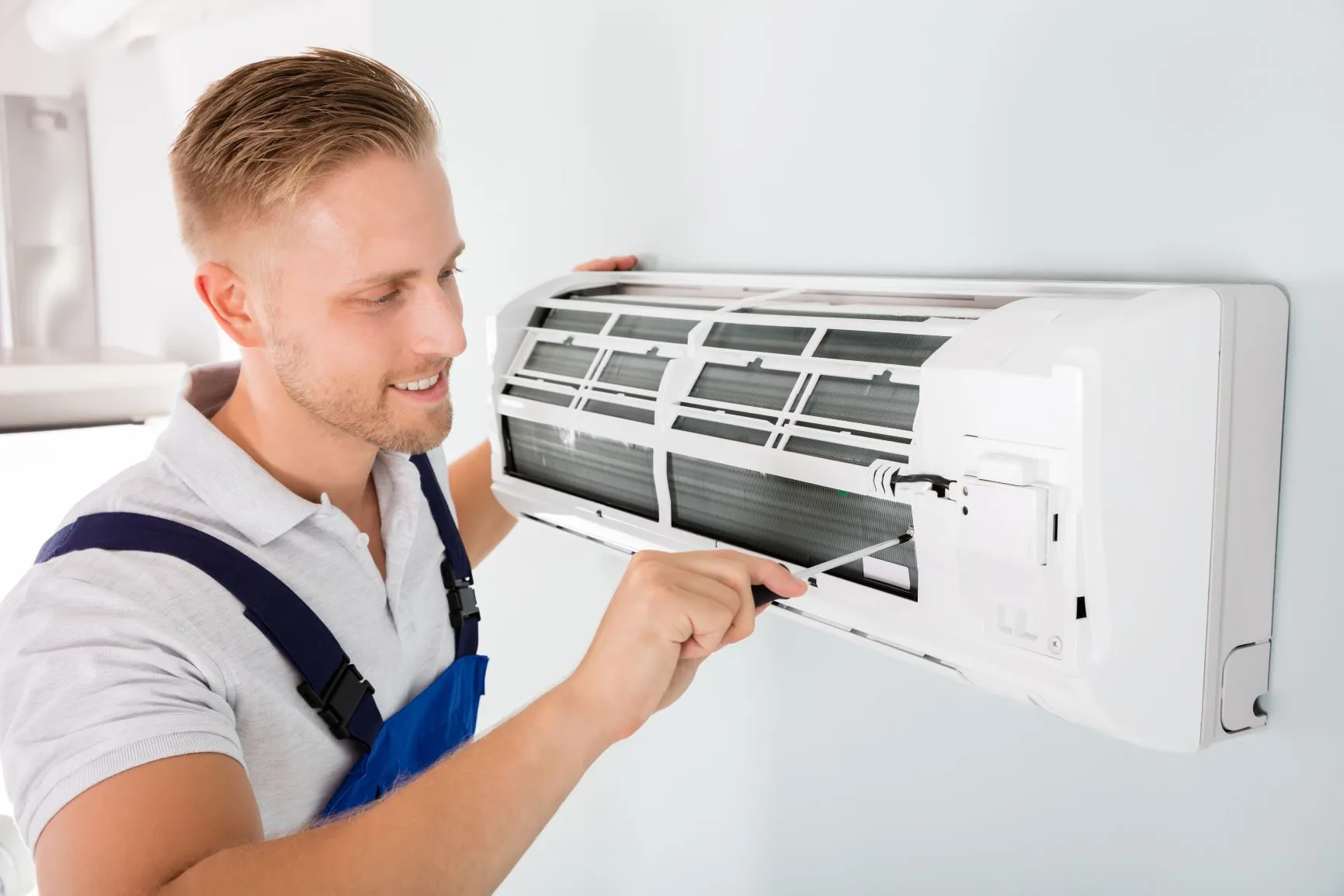
Failing Compressor
There could be a cooling issue, or your AC might not heat properly. Either way, the compressor may be to blame. Internal parts and motors of AC units wear out over time due to usage.
Regular inspections help you avoid unexpected breakdowns, thankfully. But it's impossible to prevent every possible situation. At some point, you may face a faulty compressor or motor. Without a fully functional system, you'll encounter major repairs.
To stay ahead, always watch for irregular AC behavior—strange sounds, unpleasant odors or high electricity bills. All of these can be signs that your AC is not working.
If the motor or compressor is at fault, don't attempt to replace or repair AC parts yourself. Instead, book a licensed HVAC technician like Mr Emergency. You can be confident that your AC is in reliable hands.
Need a renovation specialist?
Find verified professionals for any repair or construction job. Post your request and get offers from local experts.
You may also like
More articles:
 Choosing the Best Water-Resistant Wallpapers for Your Bathroom
Choosing the Best Water-Resistant Wallpapers for Your Bathroom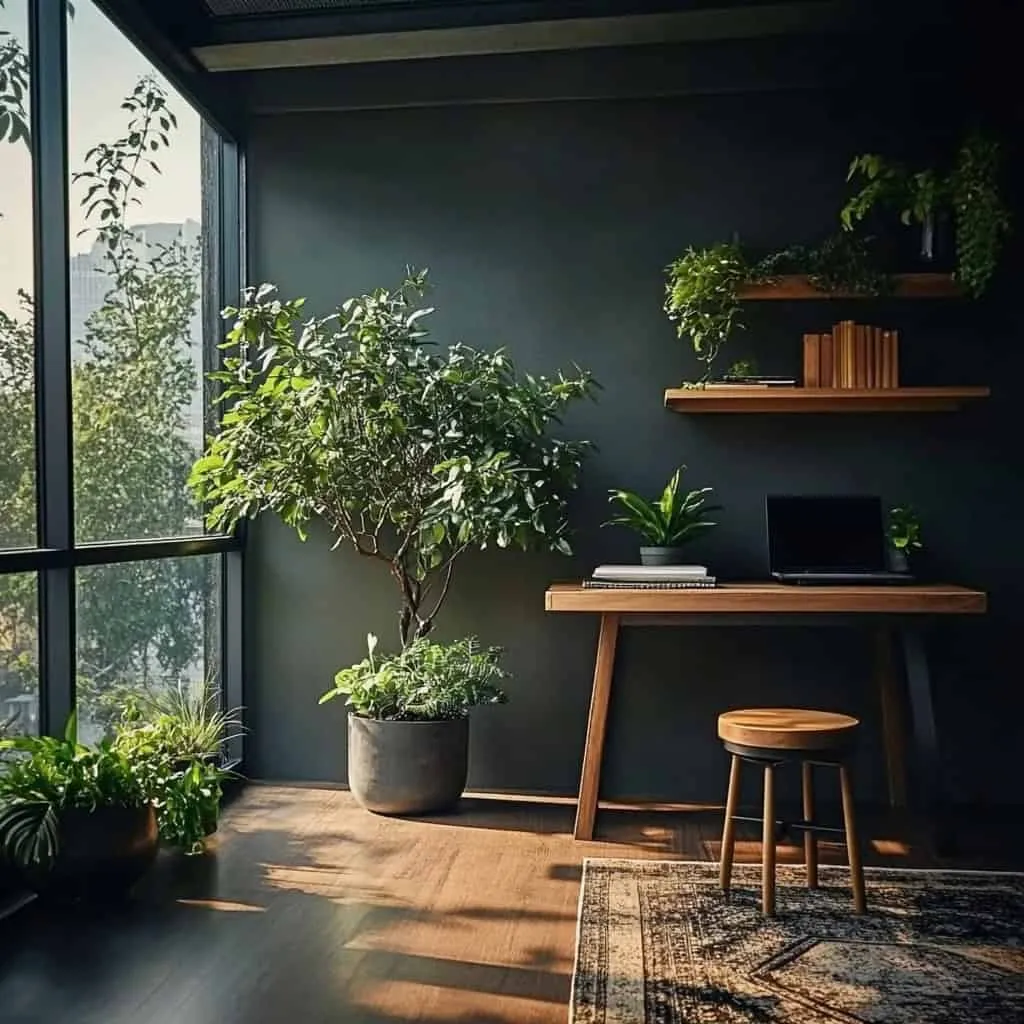 Choosing Suitable Plants for Shaded Areas
Choosing Suitable Plants for Shaded Areas Choosing the Right Green Granite for Your Home
Choosing the Right Green Granite for Your Home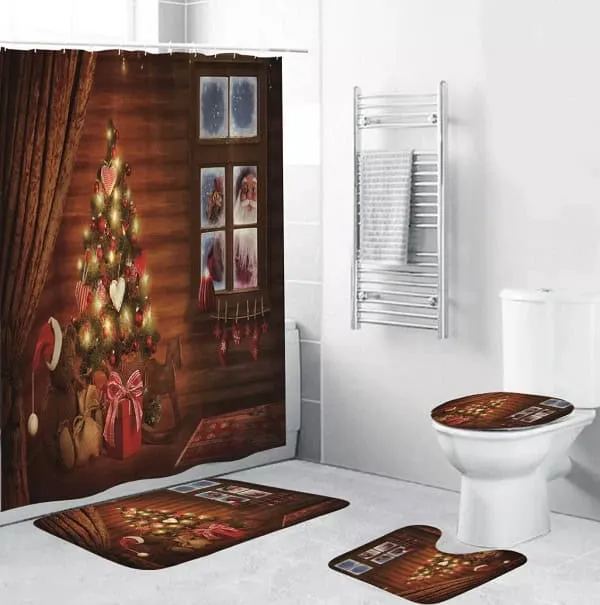 Christmas Bathroom Decoration Ideas and Tips
Christmas Bathroom Decoration Ideas and Tips Red Winter Tables, Beautifully Decorated with Details for Display
Red Winter Tables, Beautifully Decorated with Details for Display Christmas Home Decoration Ideas
Christmas Home Decoration Ideas WINTER DECORATIONS: MAGIC AND ELEGANCE TIE THEMSELVES TOGETHER FOR THE PARTY!
WINTER DECORATIONS: MAGIC AND ELEGANCE TIE THEMSELVES TOGETHER FOR THE PARTY!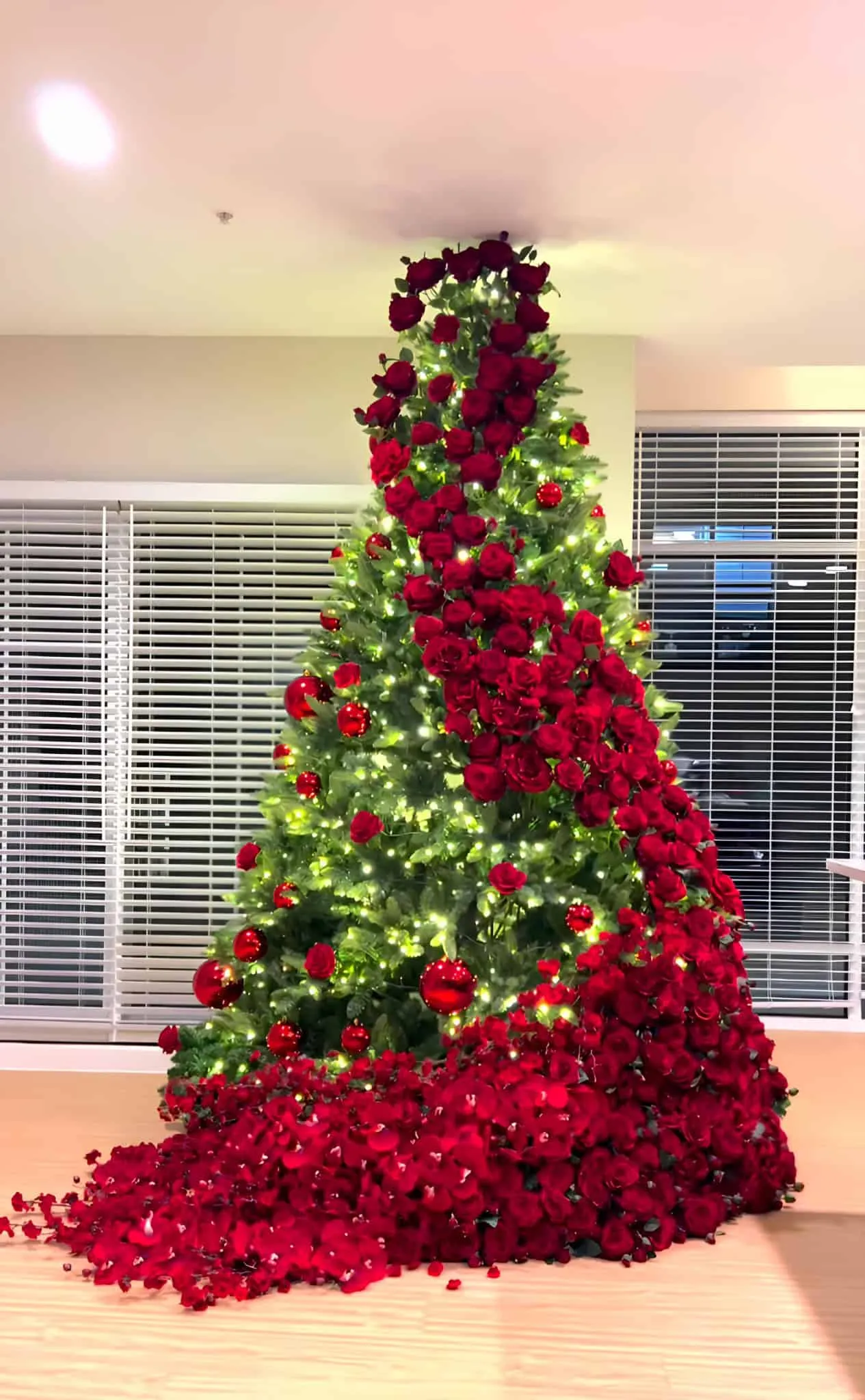 From Glam to Fantasy: Over 100 Christmas Tree Decoration Ideas Defining 2025
From Glam to Fantasy: Over 100 Christmas Tree Decoration Ideas Defining 2025